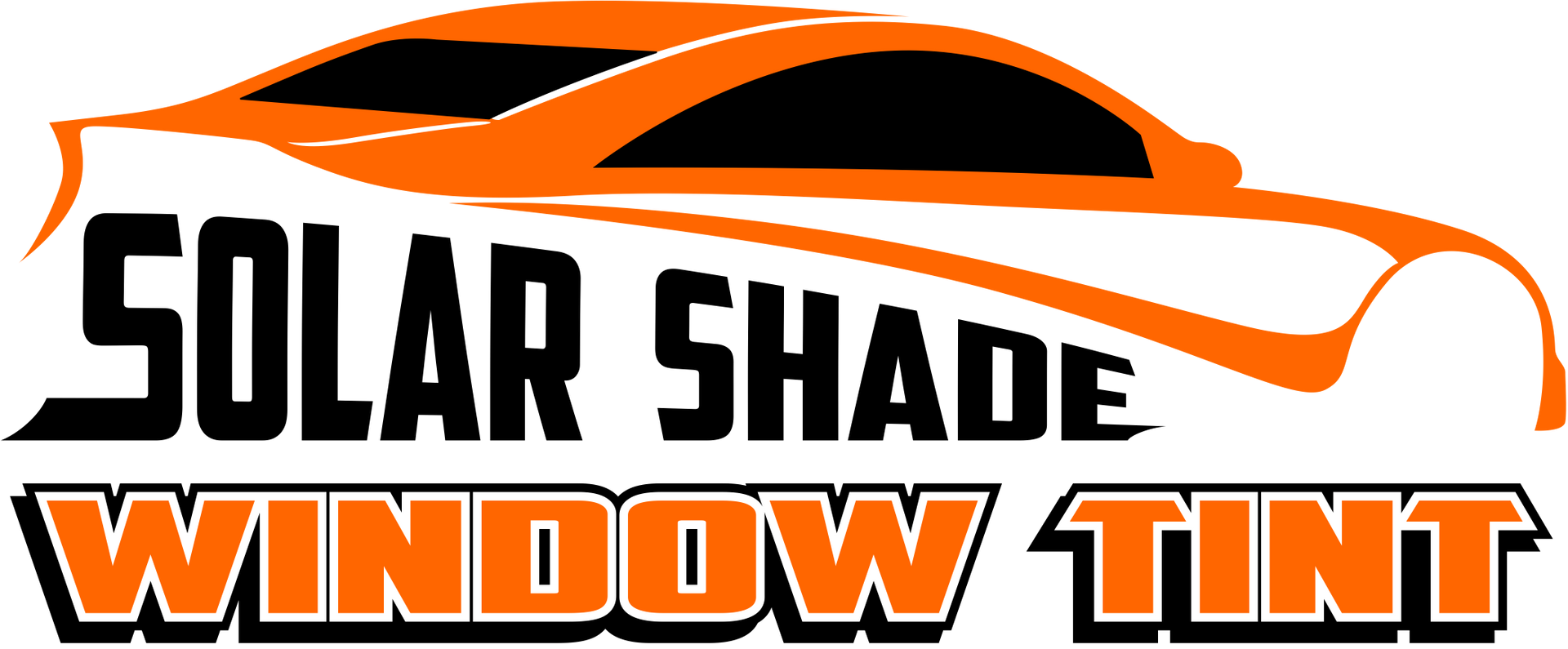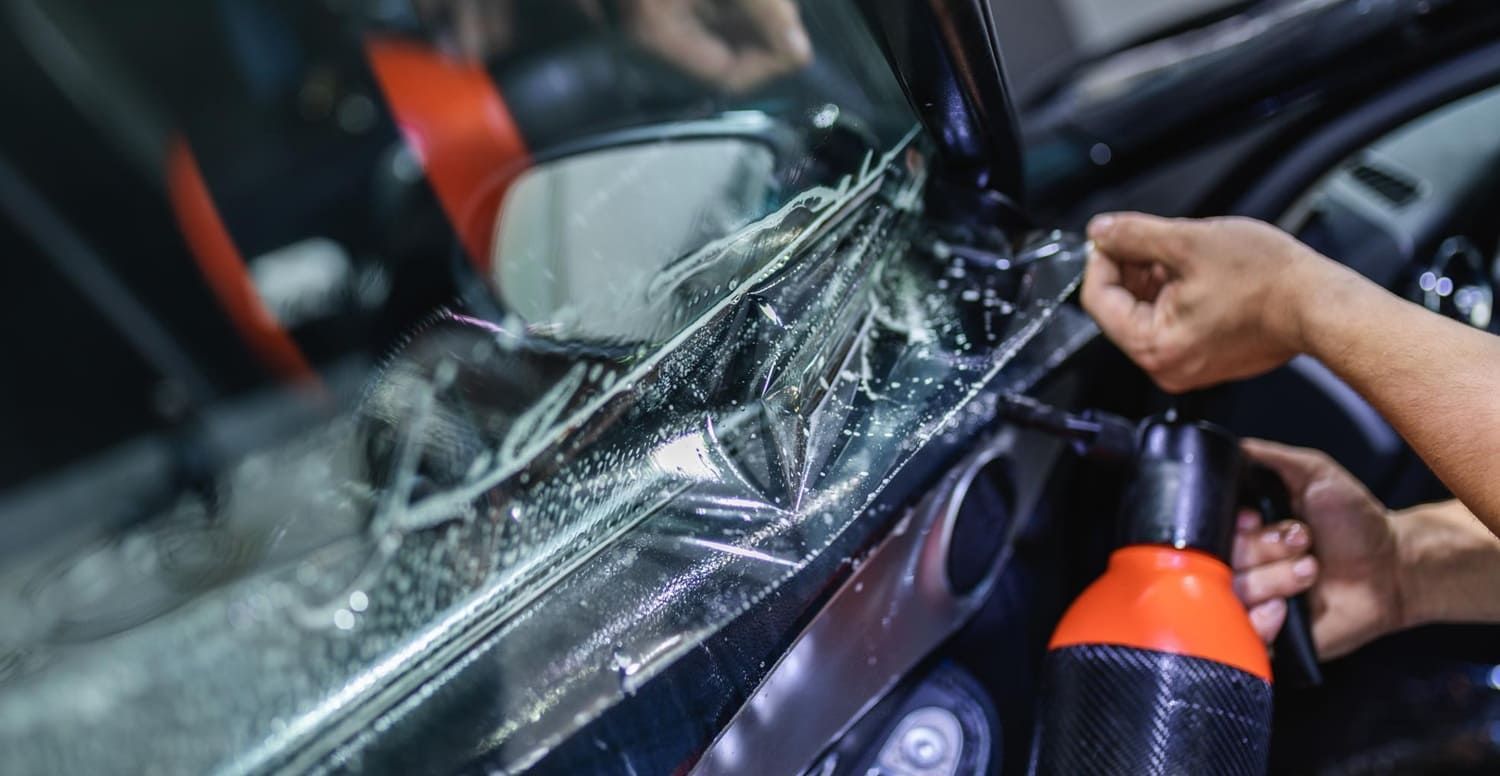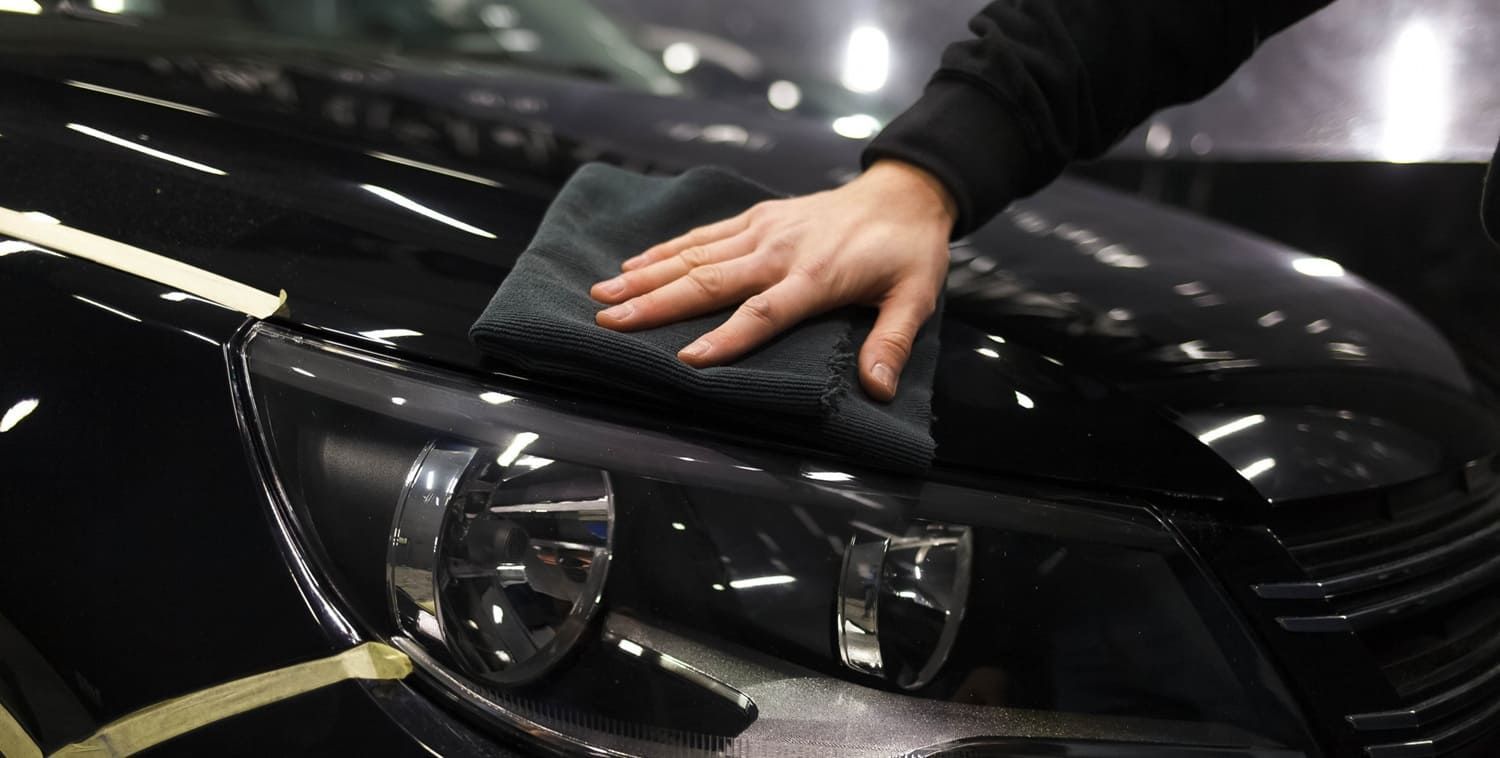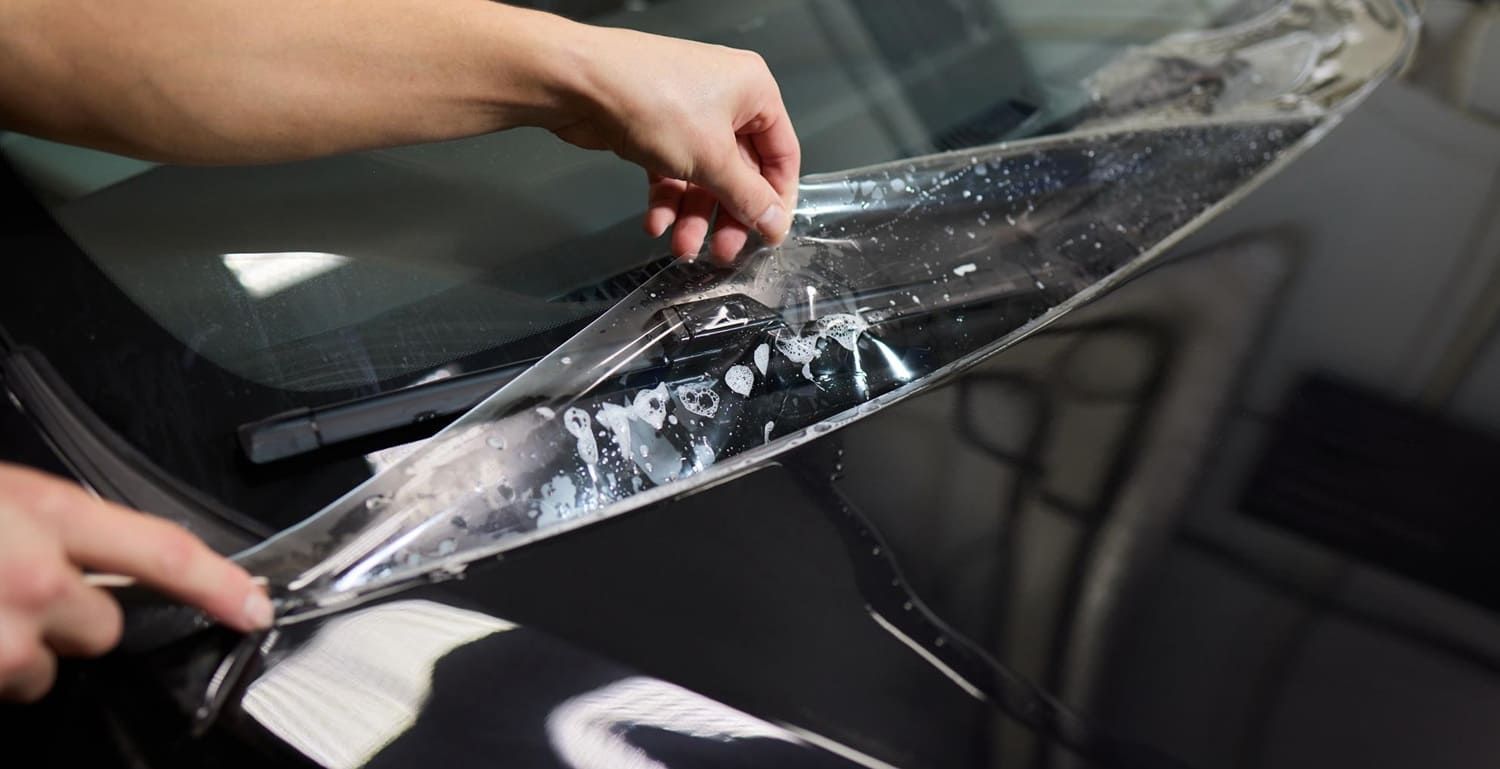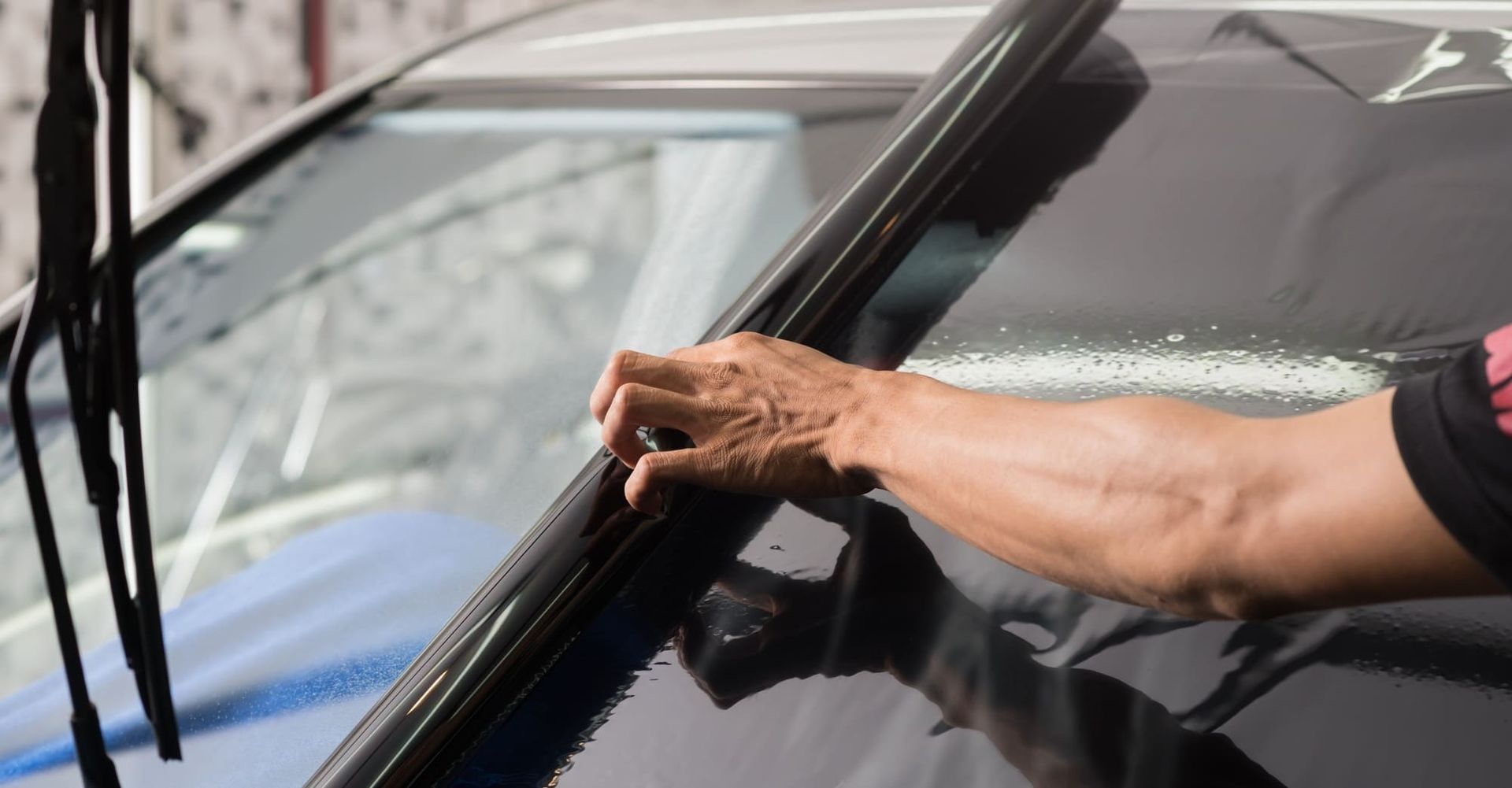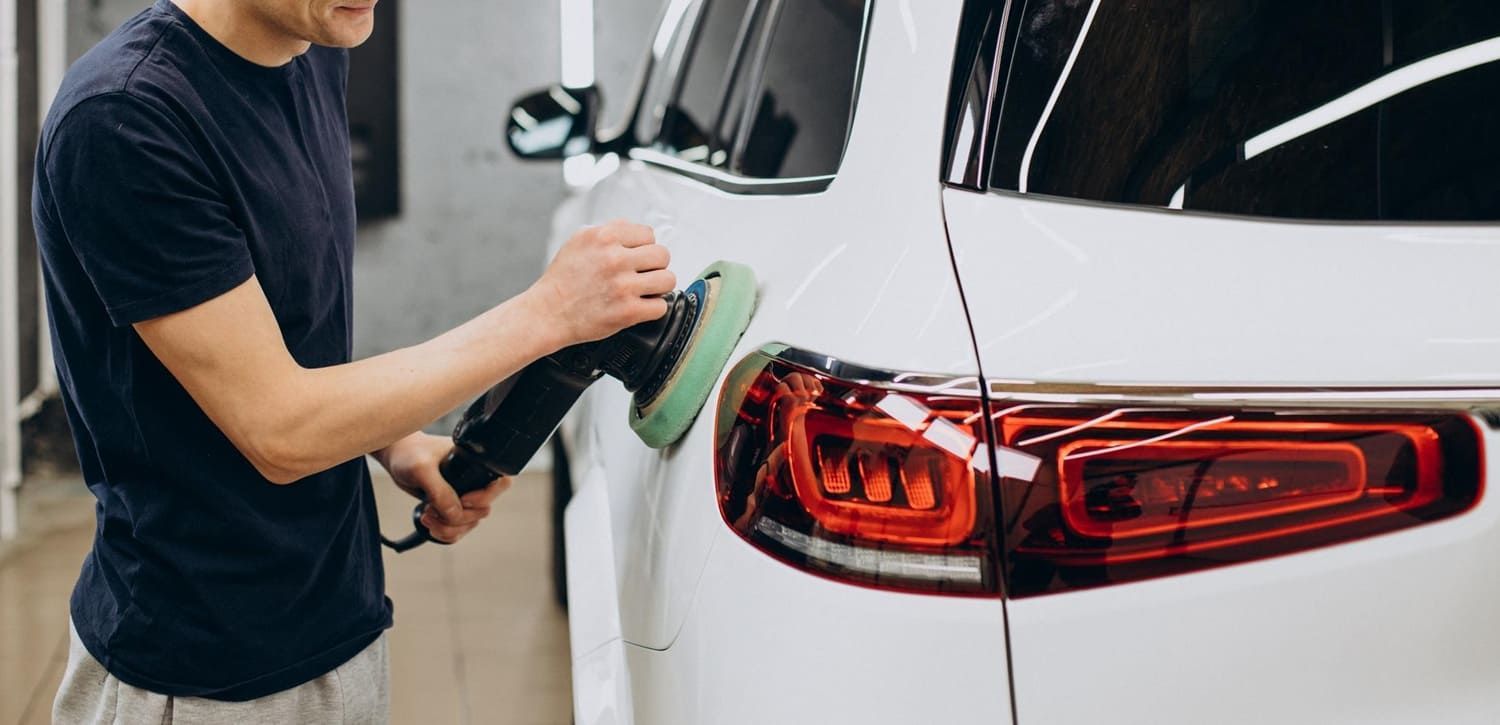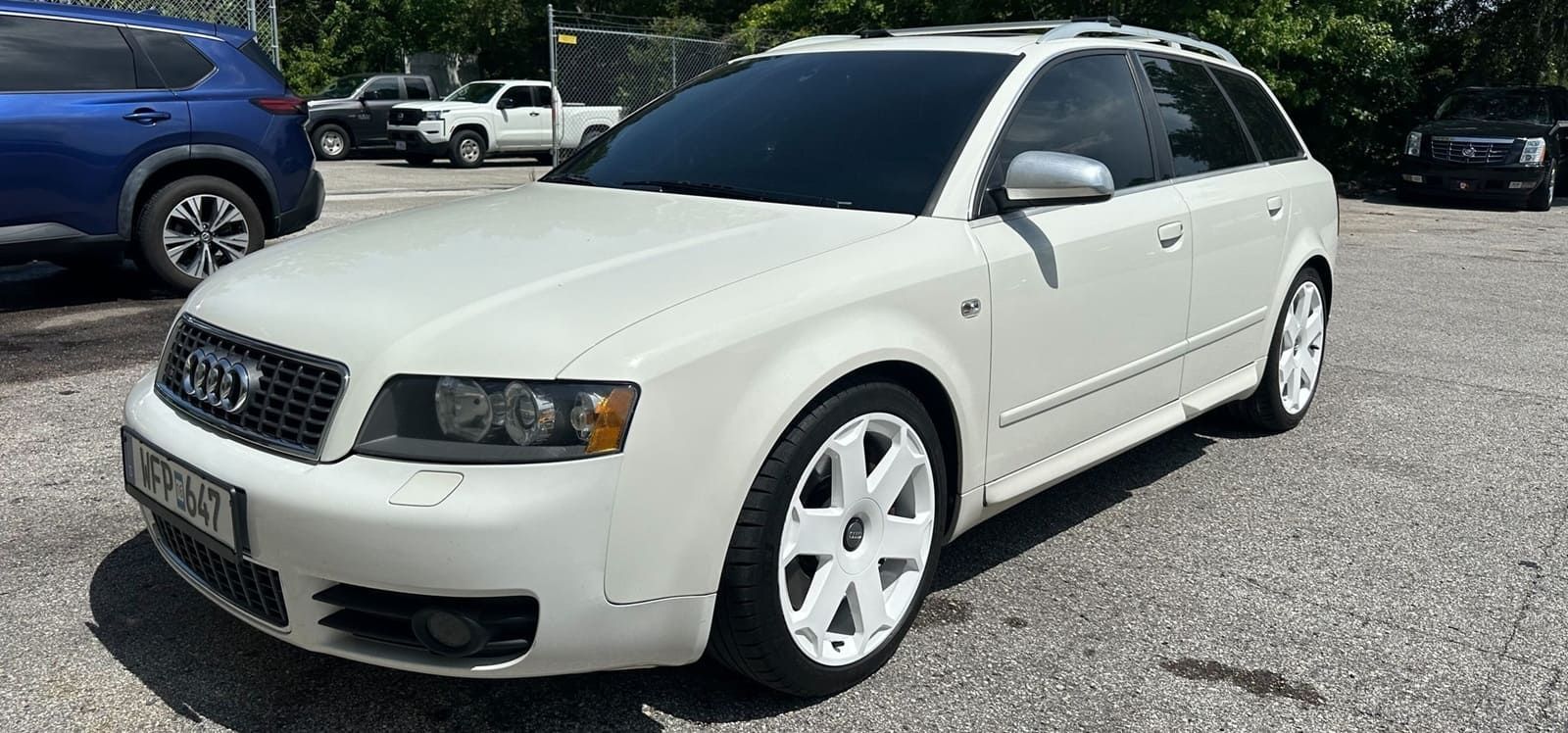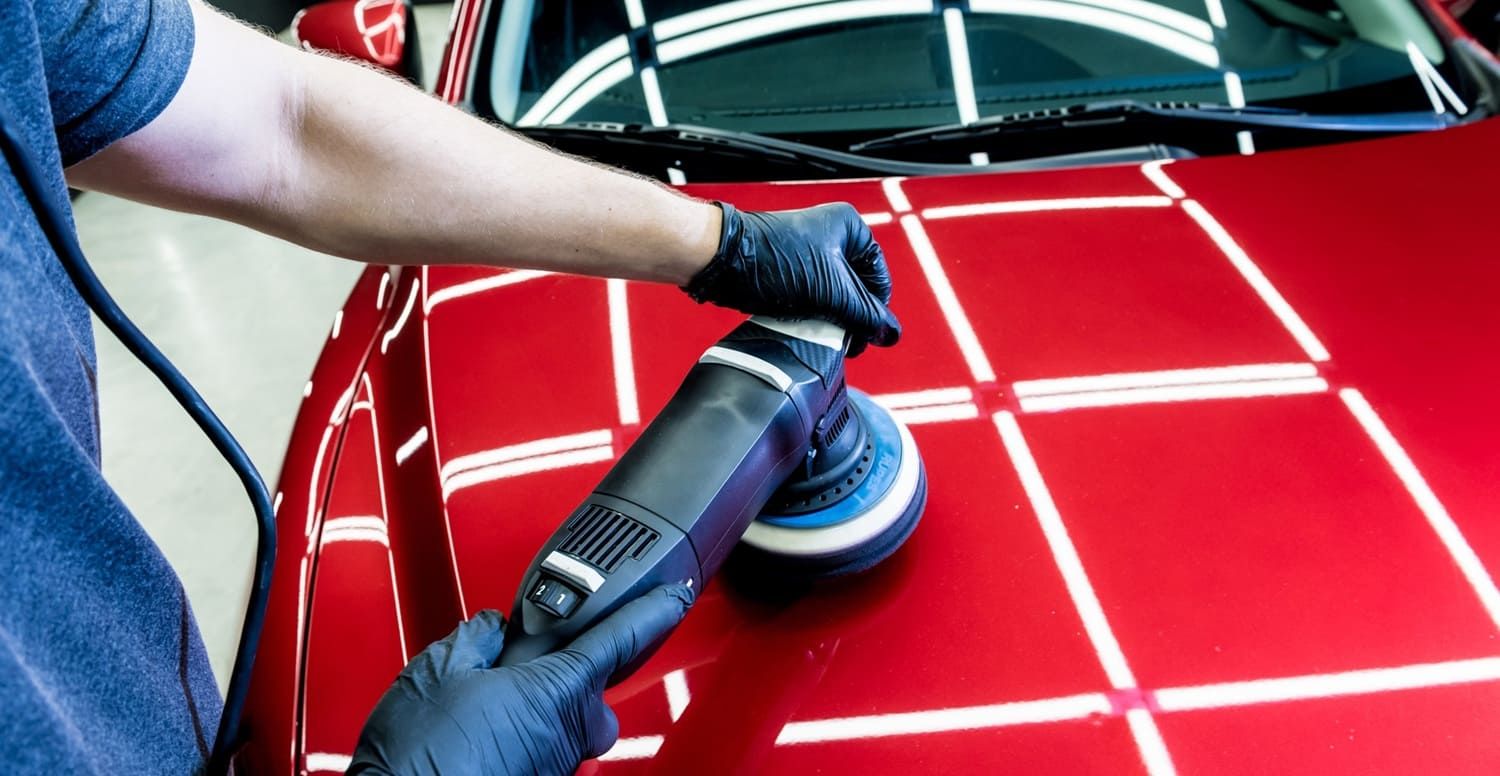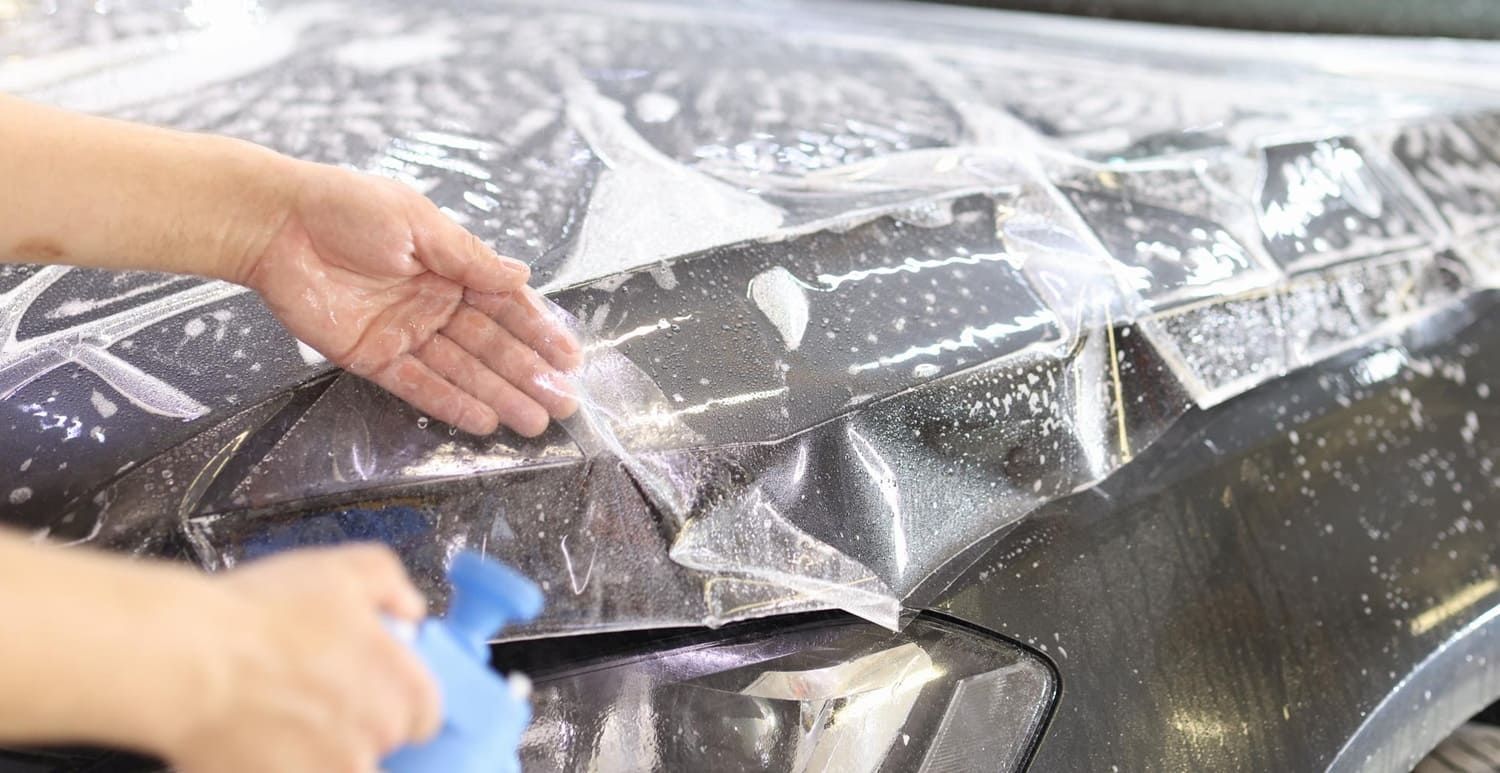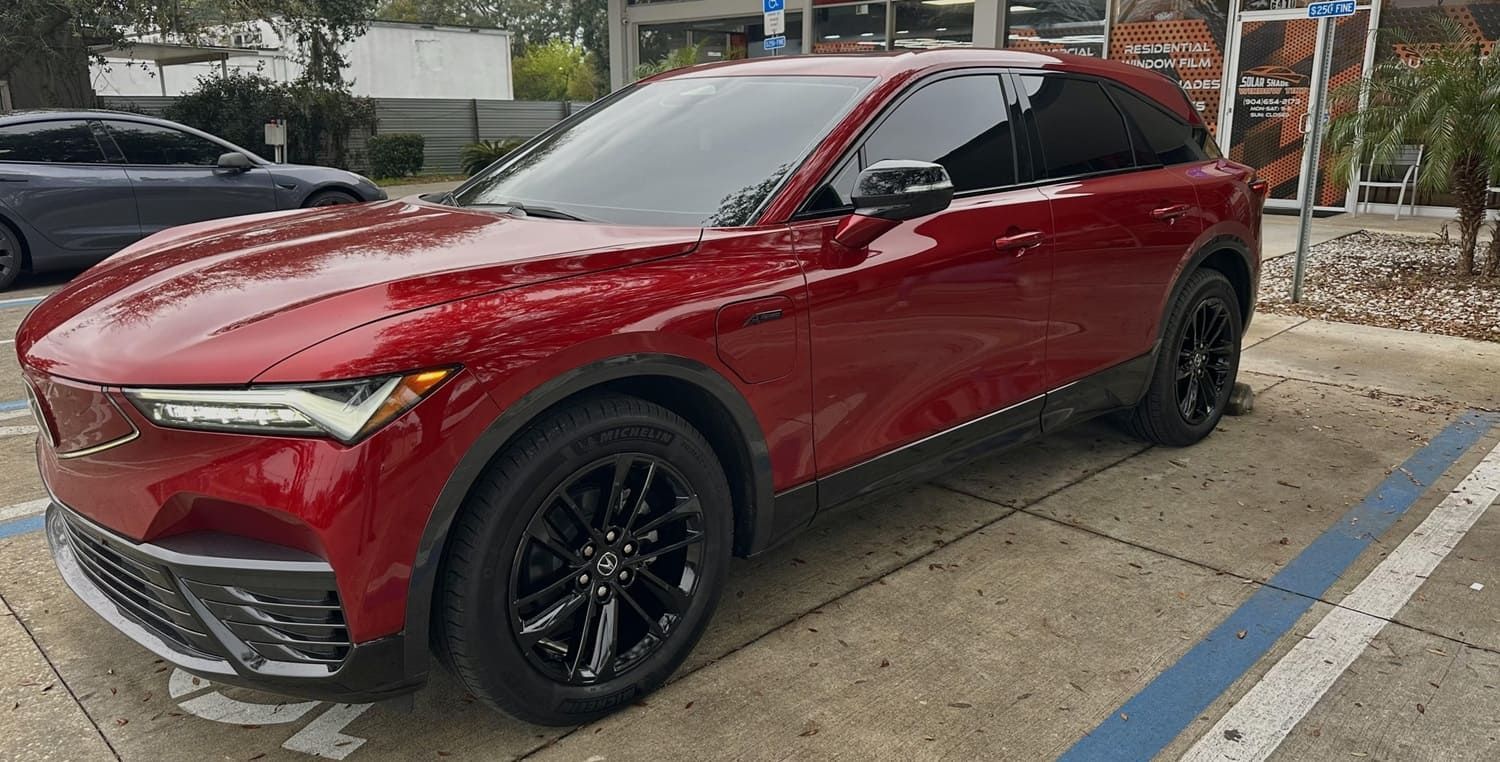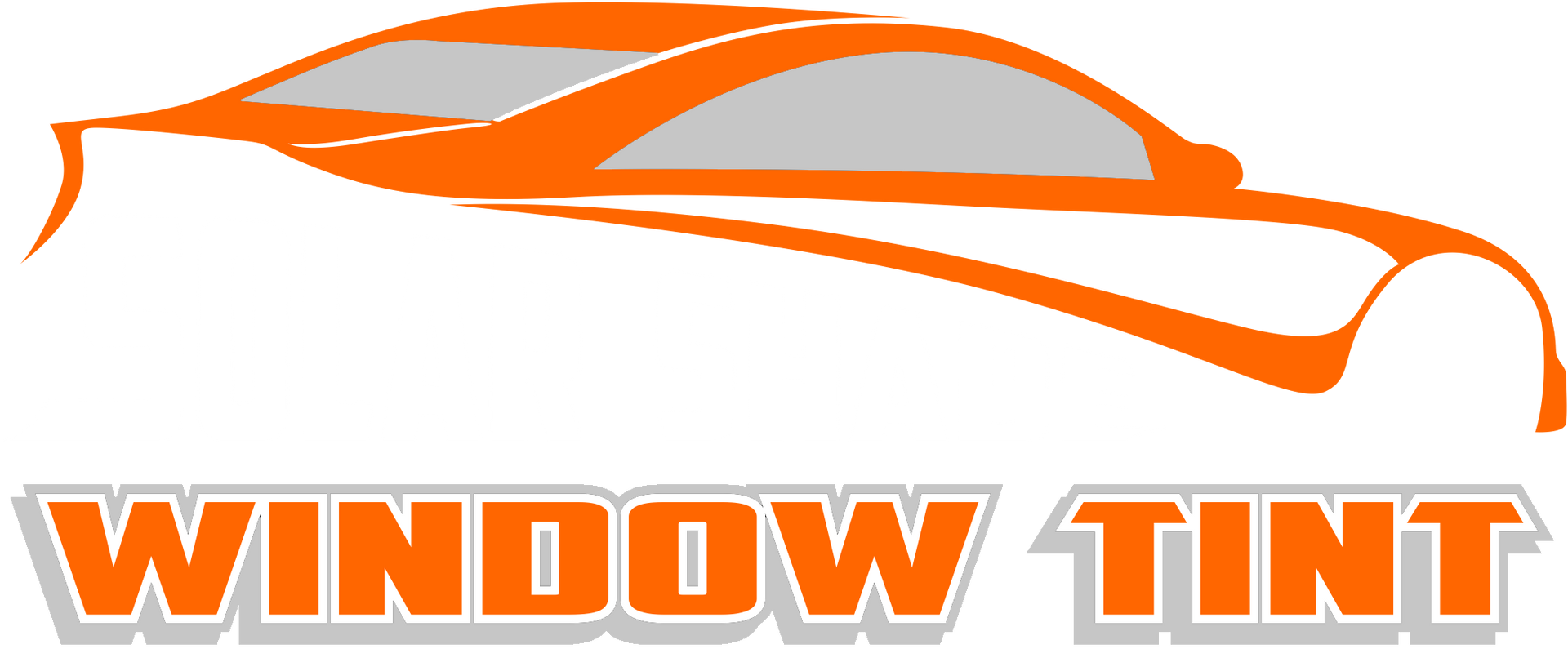Top Compliance Features of FormulaOne Tinting
Florida’s strict car window tinting laws demand precise compliance with Visible Light Transmission (VLT) and reflectivity limits to avoid fines and ensure safety. This guide reveals how FormulaOne tinting aligns with these regulations while delivering superior UV and heat rejection. You’ll explore Florida’s legal framework, key compliance attributes of FormulaOne Pinnacle, Stratos, and Classic series, penalties for non-compliance, medical exemption procedures, and local installation options in Jacksonville and Lake City. Navigate Florida car window tinting laws confidently with expert insights and service support from Solar Shade Window Tint (solarshadewindowtint.com).
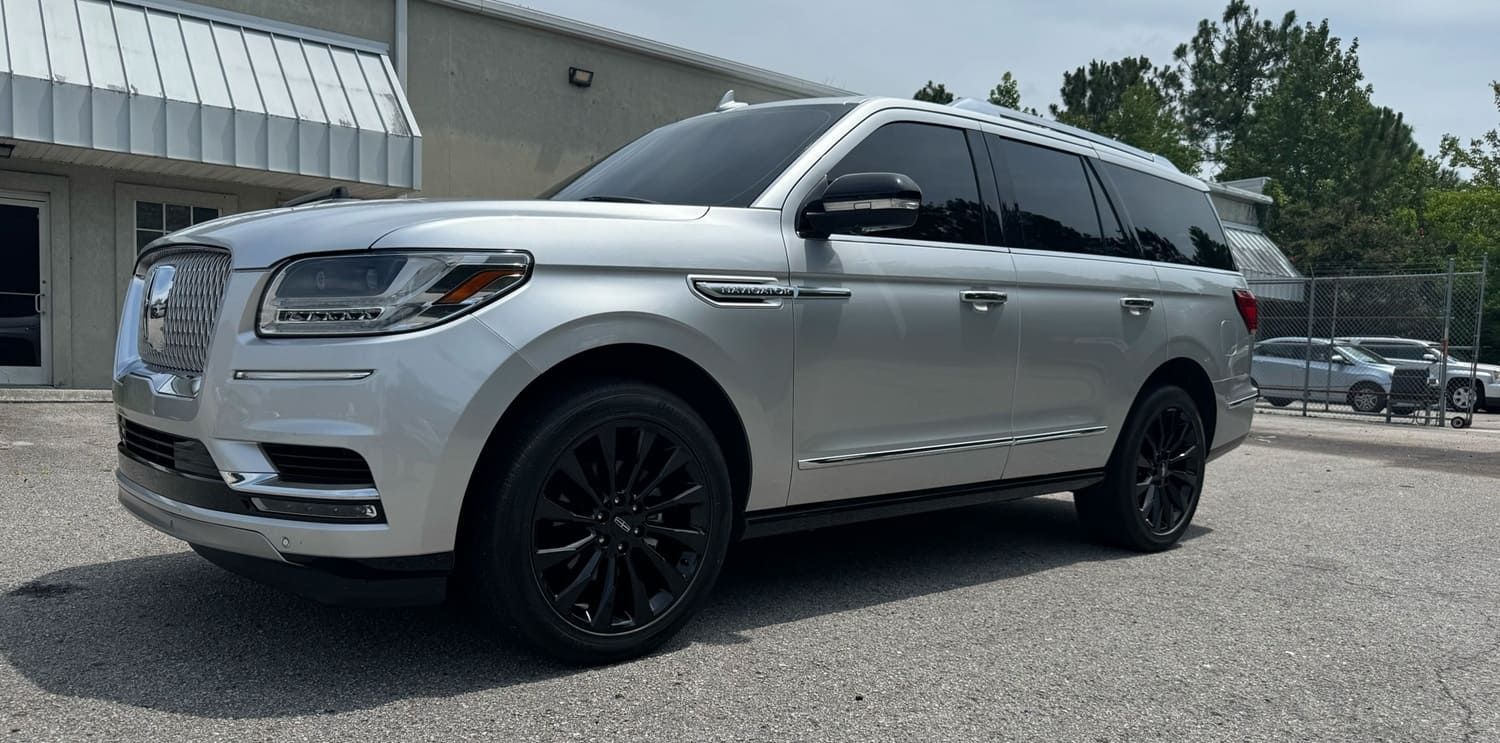
Florida Window Tint Laws
Florida law mandates specific Visible Light Transmission (VLT) percentages for car window tinting to ensure driver visibility and road safety. These regulations dictate the allowable darkness for different window types, influencing the selection of compliant tinting films.
- Florida Statutes, Chapter 316.2952 (2024)
This statute is directly relevant as it forms the legal basis for the article's discussion of Florida's window tinting regulations.
What Are Florida Car Window Tinting Laws and How Do They Affect FormulaOne Tint Compliance?
Florida car window tinting laws set maximum limits on film darkness and reflectivity to maintain driver visibility and road safety. These statutes specify VLT percentages for each window type and restrict mirror-like finishes, influencing every FormulaOne film formulation. Understanding these rules ensures that FormulaOne Pinnacle, Stratos, and Classic series deliver compliant performance without sacrificing comfort or protection. The next sections detail how VLT, reflectivity, window categories and medical exemptions shape legal tint choices.
What Is Visible Light Transmission (VLT) and Why Is It Important for Compliance?
Visible Light Transmission (VLT) is the percentage of daylight permitted through a tinted film, defining legal darkness. It determines how much natural light enters the cabin, affecting visibility and safety in varied driving conditions.
- Florida requires at least 28% VLT on front side windows.
- Rear side and rear windows can be darker, down to any VLT percentage.
- Windshield tint is allowed only above the AS-1 line with non-reflective film.
These VLT thresholds ensure clear sightlines for drivers and enforcement officers, guiding the selection of FormulaOne films engineered to meet each percentage requirement
What Are Florida’s Reflectivity Limits for Vehicle Windows?
Florida’s reflectivity limits cap how much light bounces off tinted surfaces, preventing glare that impairs other drivers.
- Front side windows: maximum 25% exterior reflectance.
- Rear side windows and rear window: no reflectivity restriction.
- Windshield: non-reflective film only, regardless of reflectance measurement.
Limiting mirror-like finishes reduces oncoming glare, and FormulaOne Stratos film employs hybrid matrix technology to stay well under reflectivity caps while boosting infrared absorption.
How Do Tint Laws Differ for Windshield, Front Side, and Rear Windows?
Florida distinguishes window types by safety and privacy needs:
- Windshield: Tint only above the AS-1 line, strictly non-reflective.
- Front Side Windows: Minimum 28% VLT, up to 25% reflectance.
- Rear Side & Rear Windows: Unlimited VLT darkness, no reflectance limit.
| Window Type | VLT Requirement | Reflectivity Limit | Vehicle Category |
|---|---|---|---|
| Windshield (above AS-1) | ≥ 70% transmission | 0% reflectance | All vehicles |
| Front Side | ≥ 28% | ≤ 25% | All vehicles |
| Rear Side & Rear | No minimum | No limit | Sedan, SUV, Van |
This breakdown informs the choice of FormulaOne film to satisfy each window category’s distinct legal criteria.
What Is the AS-1 Line and Its Role in Windshield Tinting Compliance?
The AS-1 line is a factory-etched mark indicating approved areas for windshield tint. Tint applied above this line must allow at least 70% light transmission and remain non-reflective. Aligning film to the AS-1 boundary preserves driver visibility at eye level and satisfies Florida’s windshield tint regulation without compromising optical clarity.
How Do Medical Exemptions Impact Legal Tinting in Florida?
Medical exemptions permit darker tints beyond standard VLT limits for qualifying conditions. Approved drivers may install film as dark as needed to alleviate light sensitivity, provided they carry a state-issued exemption certificate. While exemptions override standard VLT rules, films must still adhere to non-reflectivity requirements and carry exemption stickers to validate compliance during inspections.
Medical Exemptions for Window Tinting
Individuals with certain medical conditions that cause heightened light sensitivity may be eligible for exemptions from standard VLT limits. These exemptions allow for darker tints, provided specific criteria are met and a state-issued certificate is obtained.
- Florida Department of Highway Safety and Motor Vehicles, Form HSMV 83390 (2024)
This form is essential for understanding the process and requirements for obtaining a medical exemption, which is a key aspect of the article.
How Does FormulaOne Tinting Meet and Exceed Florida’s Legal Compliance Requirements?
FormulaOne films are engineered to satisfy and surpass Florida’s VLT and reflectivity standards through advanced film technologies. Each series balances permitted darkness with performance benefits—ensuring compliant visibility, enhanced comfort, and durable protection. Below is an overview of how Pinnacle, Stratos, and Classic series align with statutory limits while delivering premium features.
What Are the Key Compliance Features of FormulaOne Pinnacle Series?
FormulaOne Pinnacle series uses nano-ceramic technology to combine legal VLT levels with superior comfort:
- Nano-Ceramic Particles – Enhance heat rejection up to 65% without metallic reflectance.
- UV Protection – Blocks over 99% of harmful UV rays at compliant VLT percentages.
- Signal Friendly – Maintains radar, GPS and mobile connectivity without interference.
These features ensure Pinnacle film remains within Florida’s front side window VLT and reflectivity caps while elevating interior comfort and electronic compatibility.
How Does FormulaOne Stratos Series Ensure Legal Compliance and Performance?
FormulaOne Stratos hybrid-matrix film delivers infrared absorption and low reflectivity:
- Hybrid Matrix Structure ensures exterior reflectance under 25% for front windows.
- Infrared Rejection up to 60% reduces solar heat while maintaining compliant VLT.
- Color Stability prevents fading and maintains uniform light transmission.
Stratos couples legal reflectivity limits with robust heat management, supporting safe, glare-free driving.
What Compliance Benefits Does FormulaOne Classic Series Offer?
FormulaOne Classic series utilizes dyed film technology optimized for legal VLT levels:
- Precision Dyed Layers achieve factory-matched shades at permitted darkness.
- Scratch-Resistant Coating preserves optical clarity under daily use.
- Stable VLT Ratings of 50%, 35%, or 20% allow tailored compliance for rear windows.
Classic film offers cost-effective, compliant tint options that resist peeling and maintain consistent visibility.
How Does FormulaOne Tint Provide Superior UV Protection for Florida Drivers?
FormulaOne window films block over 99% of UVA and UVB radiation, safeguarding occupants and interiors:
- Skin Protection reduces skin cancer risk and prevents sunburn.
- Interior Preservation stops dashboard fading, leather cracking, and fabric discoloration.
- Health Compliance aligns with Skin Cancer Foundation recommendations for solar protection.
This level of UV blockage exceeds Florida law’s intent to protect drivers, reinforcing film performance beyond mere legality.
In What Ways Does FormulaOne Tint Reduce Heat and Glare While Staying Compliant?
FormulaOne films balance light transmission with solar control for comfortable driving:
- Solar Heat Rejection up to 65% lowers cabin temperatures at legal VLT levels.
- Glare Reduction up to 70% enhances safety in bright conditions.
- Visible Light Control permits natural lighting consistent with Florida requirements.
By rejecting infrared energy while upholding mandated VLT percentages, FormulaOne tint maximizes comfort without compromising compliance.
What Are the Legal Penalties and Risks of Non-Compliance with Florida Tint Laws?
Illegal window tint risks fines, citations, and forced removal. Florida enforces tint standards through traffic stops and vehicle inspections, penalizing drivers who exceed darkness or reflectivity thresholds. Understanding these consequences helps vehicle owners prioritize compliant solutions and avoid costly violations.
What Fines and Violations Result from Illegal Window Tint in Florida?
Violating Florida tint laws results in non-moving violations and escalating fines:
- First Offense: Civil infraction with up to $250 fine.
- Subsequent Offenses: Additional fines up to $500 per violation.
- Court Costs: May exceed statutory fines for infractions.
These penalties reinforce the importance of selecting films like FormulaOne that adhere strictly to state regulations.
How Are Tint Meters and Compliance Stickers Used to Enforce Tint Laws?
Enforcement officers use calibrated tint meters to measure VLT and visually inspect reflectance. Vehicles with medical exemptions display a state-issued sticker, validating darker tints during checks. Consistent compliance sticker placement on driver side windows ensures swift verification and avoids misinterpretation.
What Are Common Compliance Mistakes Vehicle Owners Make in Florida?
Many drivers misunderstand or overlook key regulations:
- Installing films darker than 28% VLT on front side windows.
- Choosing high-reflectance metallic films exceeding 25% mirror finish.
- Ignoring AS-1 line restrictions on windshield tint placement.
- Failing to display or renew medical exemption certificates properly.
Avoiding these errors requires awareness of statutory limits and professional installation by experienced specialists.
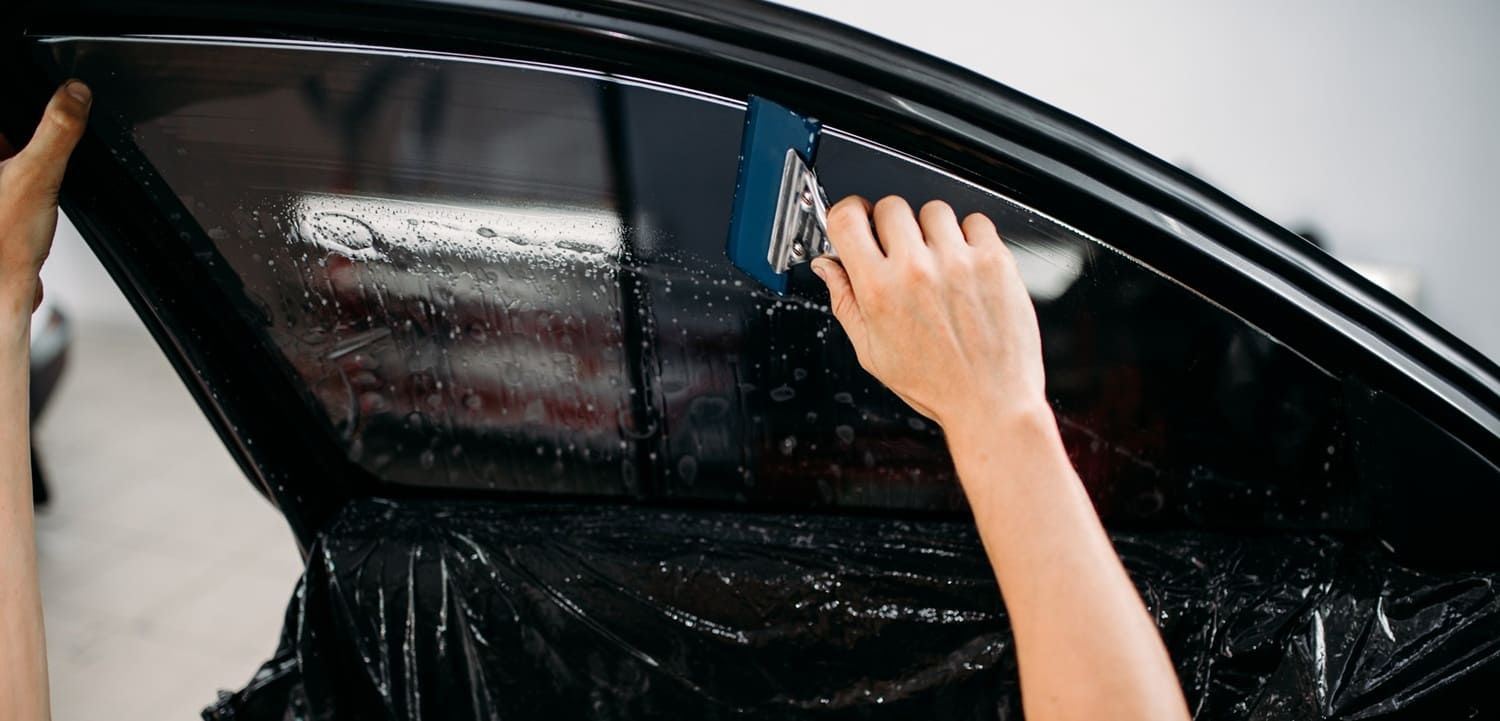
How Can Vehicle Owners Obtain and Use Medical Exemptions for Window Tint in Florida?
Florida’s medical exemption program allows darker tint levels for documented light sensitivity conditions. Approved applicants receive a certificate authorizing film beyond standard VLT limits while maintaining non-reflective compliance. Following the correct procedure ensures a valid exemption and proper application of specialized films.
What Medical Conditions Qualify for Tint Exemptions in Florida?
Medical exemptions apply to conditions that heighten light sensitivity, including:
- Lupus erythematosus
- Albinism
- Autoimmune disorders causing photophobia
- Chronic migraines triggered by sunlight
A qualifying physician must certify the condition on the state Form HSMV 83390 to initiate the exemption process.
What Is the Step-by-Step Process to Apply for a Medical Tint Exemption?
To secure a medical exemption, follow these steps:
- Obtain Form HSMV 83390 from the FLHSMV website.
- Have a licensed physician certify the medical condition and need for darker tint.
- Submit the completed form and physician statement to a local FLHSMV office.
- Receive the official exemption certificate and approved tint specifications.
- Install film according to exemption guidelines and affix the compliance sticker.
Completing each step accurately ensures timely approval and compliant tint installation.
What Are the Benefits and Limitations of Medical Exemptions for Tinting?
Medical exemptions grant the ability to install darker films beyond standard VLT limits, improving light sensitivity management. However, they remain non-transferable between vehicles and must be renewed if the medical condition changes. Exempted films still require non-reflective properties and proper sticker display for legal validation.
Why Is FormulaOne Tinting the Optimal Choice for Florida Compliance and Vehicle Protection?
FormulaOne tinting solutions combine cutting-edge film science with strict adherence to Florida’s window tint laws. Proprietary technologies address the Sunshine State’s intense heat, UV exposure, and glare challenges while ensuring legal visibility standards are met. These attributes position FormulaOne as the premier compliant option for vehicle owners.
How Does FormulaOne Tinting Address Florida’s Climate Challenges?
Florida’s strong sunlight and high humidity demand robust solar control:
- Infrared Rejection up to 60% curtails heat build-up in closed vehicles.
- UV Blockage over 99% prevents sun damage to skin and upholstery.
- Glare Suppression enhances driver comfort during bright midday conditions.
This multi-layer protection supports safer, cooler driving in Jacksonville, Lake City, and beyond.
What Privacy and Security Advantages Does FormulaOne Tint Provide?
Darker, stable films create a discreet cabin environment that deters theft and enhances passenger privacy. FormulaOne’s uniform dye layers resist fading and cracking, ensuring long-term concealment and consistent privacy benefits without violating Florida’s rear window VLT allowances.
How Does Solar Shade Window Tint Ensure Professional Installation and Compliance?
Solar Shade Window Tint combines local expertise with strict quality controls to guarantee precise film application. Certified installers align films to AS-1 lines, abide by VLT measurements, and affix compliance stickers. Free estimates and service appointments in Jacksonville and Lake City ensure seamless installation and full adherence to Florida statutes.
Where Can Jacksonville and Lake City Vehicle Owners Get Compliant FormulaOne Tinting Services?
Vehicle owners in Jacksonville and Lake City can rely on Solar Shade Window Tint for end-to-end FormulaOne tinting solutions. Professional installations, local support, and comprehensive compliance knowledge provide peace of mind and lasting protection.
What Are the Benefits of Choosing Solar Shade Window Tint in Jacksonville?
Jacksonville drivers gain from:
- In-depth knowledge of Duval County enforcement practices.
- On-site tint meters guaranteeing correct VLT percentages.
- Free, no-obligation estimates for FormulaOne Pinnacle, Stratos, or Classic films.
Local expertise ensures tint installations align with both state law and regional weather considerations.
How Does Solar Shade Window Tint Serve Lake City Customers with FormulaOne Tint?
Lake City residents benefit from:
- Convenient appointment scheduling at community-centered facilities.
- Expert recommendations on Series selection based on vehicle use.
- Rapid turnaround times and mobile tint services for fleets or busy schedules.
These tailored services deliver compliant, high-performance tint solutions across Columbia County.
How to Schedule a Free Estimate and Professional Installation for FormulaOne Tint?
Vehicle owners can request a complimentary estimate by visiting solarshadewindowtint.com or calling the Jacksonville office at (904) 654-2173. A certified specialist will assess your vehicle’s specs, discuss Florida tint law compliance, and recommend the ideal FormulaOne series before arranging an installation appointment.
How Do FormulaOne Tint Features Compare Across Series for Florida Legal Compliance?
Comparing FormulaOne series side by side illustrates how each film balances legal VLT and reflectivity requirements with performance benefits. The following tables outline differences in heat rejection, UV protection, and compliance metrics to guide series selection.
What Are the Differences in Heat Rejection and UV Protection Among Pinnacle, Stratos, and Classic?
The table below highlights thermal and UV control across FormulaOne films:
| Series | Heat Rejection | UV Blockage | Mechanism |
|---|---|---|---|
| Pinnacle | Up to 65% | 99%+ | Nano-ceramic particles |
| Stratos | Up to 60% | 99% | Hybrid matrix structure |
| Classic | Up to 50% | 98% | Precision dyed layers |
How Do Reflectivity and VLT Levels Vary Across FormulaOne Series?
Comparing compliance attributes clarifies legal adherence:
| Series | Front Side VLT | Front Reflectivity | Rear VLT Options |
|---|---|---|---|
| Pinnacle | 28%, 35% | ≤ 15% | 5%, 20%, 35%, 50% |
| Stratos | 28%, 35% | ≤ 20% | 5%, 20%, 35%, 50% |
| Classic | 35%, 50% | ≤ 10% | 5%, 20%, 35%, 50% |
Which FormulaOne Series Offers the Best Warranty and Durability for Florida Conditions?
All FormulaOne films include a manufacturer’s limited lifetime warranty covering peeling, bubbling, and discoloration. Pinnacle and Stratos films offer enhanced scratch resistance and color stability in high UV environments, while Classic provides dependable durability at an entry-level price point. Each series is engineered to withstand Florida’s heat, humidity, and sun exposure for long-term compliance and performance.
FormulaOne tinting by Solar Shade Window Tint empowers Florida vehicle owners to meet stringent legal requirements without compromising on heat rejection, UV protection, or cabin comfort. Expert installation, free estimates, and local service in Jacksonville and Lake City ensure every vehicle achieves full compliance and superior protection. Schedule your consultation today to experience the top compliance features of FormulaOne tinting.
Frequently Asked Questions
What are the benefits of using FormulaOne tinting over other brands in Florida?
FormulaOne tinting offers several advantages, including advanced technology that ensures compliance with Florida's strict VLT and reflectivity laws. The films provide superior UV protection, blocking over 99% of harmful rays, which helps protect both occupants and vehicle interiors. Additionally, FormulaOne films are designed for optimal heat rejection, enhancing comfort during Florida's hot weather. Their durability and aesthetic appeal also make them a popular choice among vehicle owners looking for long-lasting solutions.
How can I ensure my window tint is compliant after installation?
To ensure compliance after installation, vehicle owners should verify that the tint meets Florida's VLT and reflectivity standards. This can be done by using a tint meter, which measures the percentage of light transmitted through the film. Additionally, it's important to keep any compliance stickers visible on the vehicle, especially if a medical exemption is applied. Regular inspections and consultations with certified installers can help maintain compliance and address any potential issues promptly.
Are there any specific maintenance tips for FormulaOne window tint?
Maintaining FormulaOne window tint is straightforward. It's recommended to wait at least 48 hours after installation before cleaning the windows to allow the film to cure properly. When cleaning, use a soft microfiber cloth and a gentle, ammonia-free cleaner to avoid damaging the film. Avoid using abrasive materials or harsh chemicals. Regularly inspect the edges of the tint for peeling or bubbling, and consult a professional if any issues arise to ensure longevity and compliance.
What should I do if I receive a citation for illegal window tint?
If you receive a citation for illegal window tint, it's important to address it promptly. First, review the citation details to understand the specific violation. You may need to remove or replace the tint to comply with Florida laws. Consider consulting with a professional installer to ensure that your new tint meets legal requirements. Additionally, you can contest the citation in court if you believe it was issued in error, but having compliant tint is the best way to avoid future issues.
Can I transfer my medical exemption for window tint to a new vehicle?
No, medical exemptions for window tint in Florida are not transferable between vehicles. If you purchase a new vehicle, you will need to apply for a new exemption certificate specific to that vehicle. This involves obtaining a new Form HSMV 83390, having it certified by a licensed physician, and submitting it to the Florida Department of Highway Safety and Motor Vehicles. Always ensure that the new tint complies with the exemption guidelines to avoid legal issues.
What are the common misconceptions about Florida's window tint laws?
Many vehicle owners mistakenly believe that any tint can be applied as long as it is labeled "legal." However, Florida's laws specify exact VLT percentages and reflectivity limits for different windows, which must be adhered to strictly. Another misconception is that darker tints are always better for heat rejection; in reality, compliance with legal standards is crucial. Additionally, some drivers overlook the importance of displaying medical exemption stickers, which can lead to fines if not properly affixed.
Conclusion
FormulaOne tinting by Solar Shade Window Tint empowers Florida vehicle owners to meet stringent legal requirements without compromising on heat rejection, UV protection, or cabin comfort. Expert installation, free estimates, and local service in Jacksonville and Lake City ensure every vehicle achieves full compliance and superior protection. Take the next step towards enhancing your driving experience by scheduling your consultation today. Discover the top compliance features of FormulaOne tinting and enjoy the benefits of professional installation.
